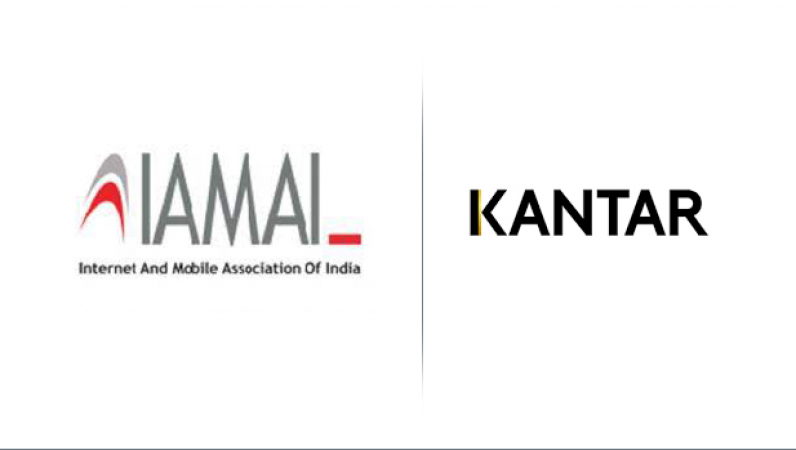
New Delhi: The Internet and Mobile Association of India (IAMAI) and the Consumer Unity & Trust Society (CUTS) have jointly voiced their apprehensions to the Telecom Regulatory Authority of India (TRAI) regarding the regulator's consultation paper on Over-The-Top (OTT) regulation. Both organizations express concerns that the paper's broad scope could stifle innovation within the rapidly expanding OTT sector.
In their letter to TRAI, IAMAI and CUTS highlight several key concerns:
Also Read: Congresswoman Warns of BRICS Countries' Ascendance, Calls for US Response
IAMAI and CUTS have jointly called on TRAI to withdraw the consultation paper and embark on a fresh approach to OTT regulation that is more balanced and focused.
The OTT sector in India has witnessed rapid growth in recent years, emerging as a significant source of entertainment and information for millions. Additionally, it has fostered innovation among startups aiming to revolutionize content delivery to consumers.
Also Read: US to Deploy Advanced M1 Abrams Tanks to Boost Ukraine's Defense Against Russia
TRAI's consultation paper has elicited a mixed response from the OTT industry. Some companies endorse the paper, asserting that it is necessary to hold OTT platforms accountable for hosted content, while others criticize it as overly restrictive and potentially stifling to innovation.
In the coming months, TRAI is expected to issue its final recommendations on OTT regulation, which are anticipated to exert a substantial impact on the sector's future in India.
Also Read: US Congress Debates Opposing Amendments on Displaying Nazi Symbols: Free Speech vs. Hate Speech
Beyond the concerns expressed by IAMAI and CUTS, other potential risks associated with OTT regulation include higher costs for consumers, as OTT platforms may transfer compliance costs to them, and increased barriers for new entrants to the market.
Balancing the need for regulation to ensure OTT platforms' content accountability with the preservation of freedom of expression and innovation is pivotal. TRAI must meticulously weigh the potential advantages and drawbacks of regulation before presenting its final recommendations.